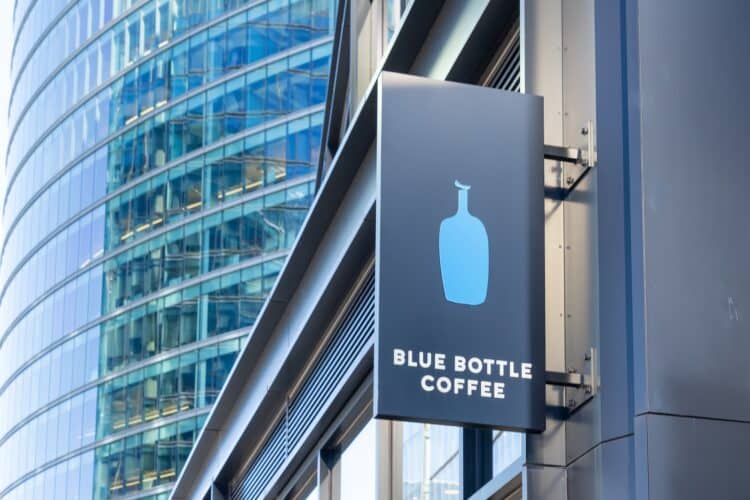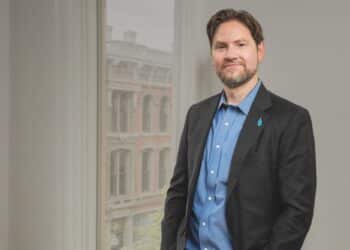Blue Bottle Coffee says it achieved carbon neutrality for the 2024 calendar year, and has reduced its greenhouse gas (GHG) emissions intensity by 18.4 per cent from its 2018 baseline.
The reduction in GHG emissions has been the result of three years of operational change to reduce the company’s climate impact per unit of product sold relative to 2018.
It says improvements in coffee sourcing have dropped GHGs by 25 per cent, while introducing plant-based milk to its Asian cafés and the implementation of its US Oat Milk Default program reduced the emissions intensity of milk by 16 per cent.
Renewable electricity in the United States (US) and China reduced the emissions intensity of Blue Bottle’s global electricity consumption by 67 per cent, while the introduction of remote and hybrid work models in the US reduced emissions intensity of global employee commuting by 11 per cent.
CEO of Blue Bottle Coffee Karl Strovink says while remaining climate neutral in 2024 is a milestone, it must now the rule – not the exception.
“Achieving carbon neutrality is both a milestone and a mandate,” Strovink says. It confirms what is possible when we take clear, collective action.
But more importantly. It helps us focus on what’s next: supporting regenerative agriculture – including improved farmer access to climate-adaptive coffee varieties – while also establishing the role of species beyond Arabica within the specialty coffee category.
“Taken together, we aim to help shape the future of coffee.”
Blue Bottle collaborated with a sustainability consultant and four of its largest suppliers to co-develop region-specific regenerative agriculture transition plans, the first of which will launch in Peru in 2026.
The brand is also touring Asia on a menu exclusively of Liberica, Excelsa, and Robusta coffee species as part of its sponsorship of a pre-commercial trial site for World Coffee Research’s F1 Hybrids program, aimed at developing the next generation of high-performing, climate-adaptive coffee varieties within Arabica.
“As climate change reshapes coffee production, we’re reimagining it in the context of regenerative agriculture – cultivated under a set of practices that benefits farmland, its communities, and helps to evolve the future of coffee itself,” says Strovink.





